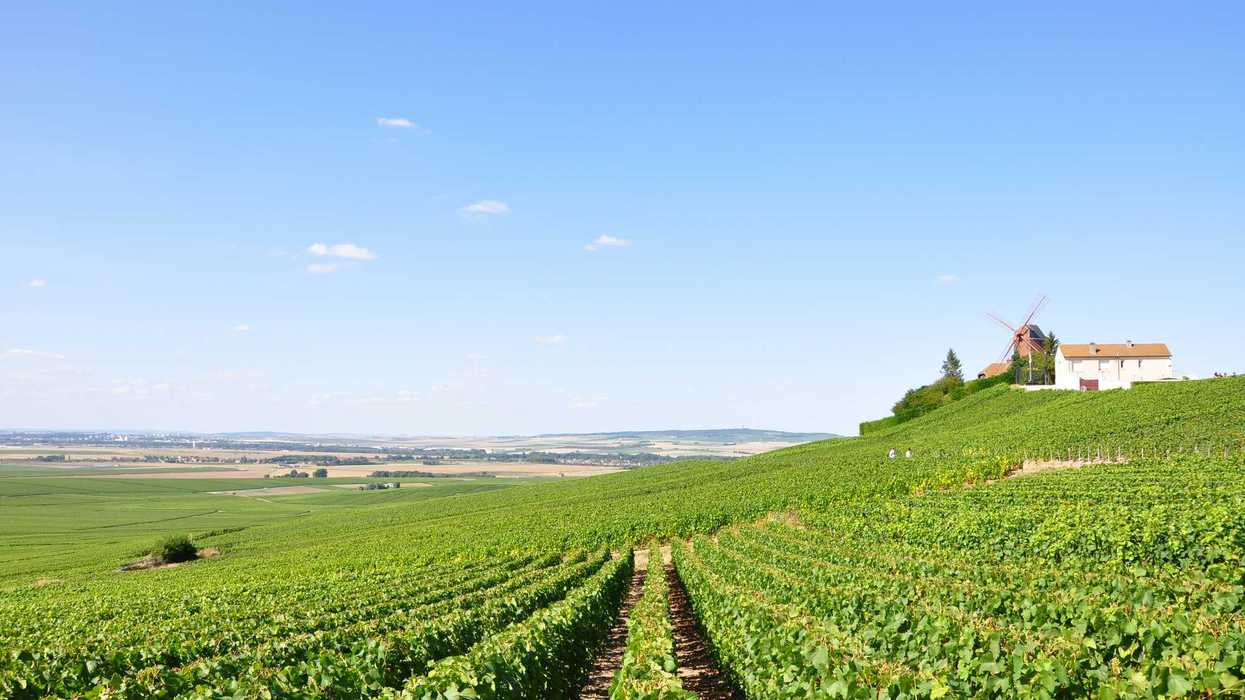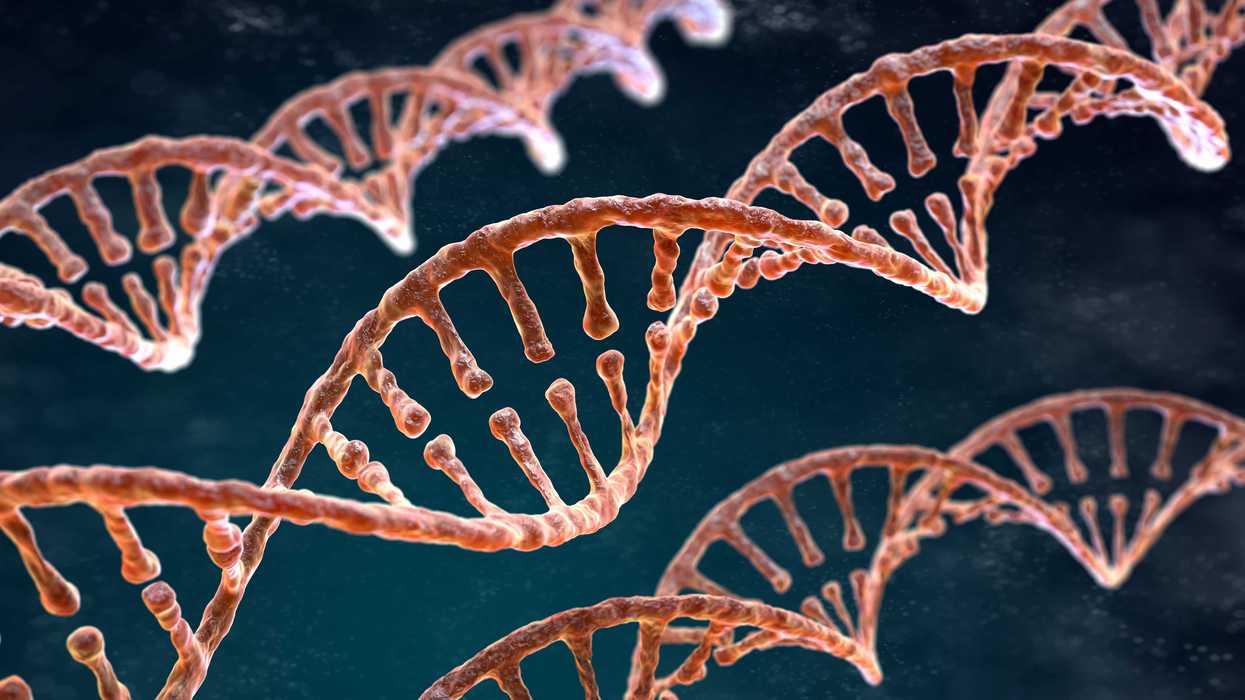Vermont farmers are adopting AI-powered tools to increase efficiency, reduce pollution and improve animal care, using precision farming techniques that minimize waste and boost productivity.
Anne Wallace Allen reports for Seven Days.
In short:
- Farmers are using AI and machine learning to manage grazing, fertilizer use and crop monitoring, reducing labor and environmental impact.
- Vermont’s small farms receive grants to help afford precision tools like virtual fences and crop sensors.
- Research projects focus on adapting precision agriculture for small-scale farms to reduce runoff and address climate impacts.
Key quote:
"How can we produce food but have a minimum impact on the environment? That’s the sweet spot where precision agriculture can be very helpful."
— Asim Zia, professor at UVM
Why this matters:
Precision agriculture offers ways to reduce harmful runoff from fertilizers into waterways while improving food production. These innovations are essential for small farms, especially as they face increasing pressure to adopt sustainable practices.














